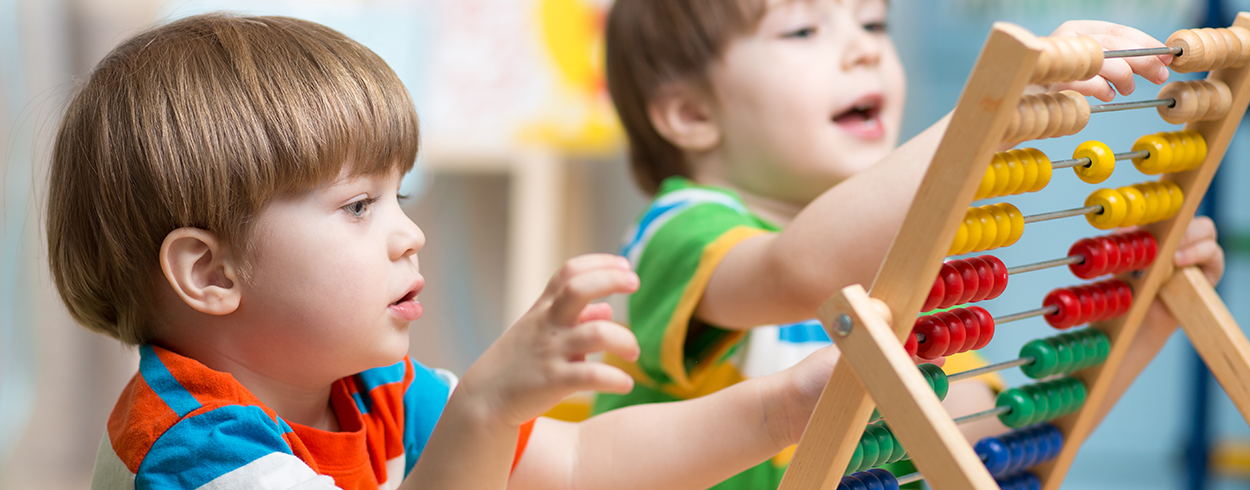Introduction
Measuring and making "smart" guesses helps young children to understand basic math concepts and learn life skills. These activities happen naturally every day.
Tools and Materials
string, tape, scissors, household objects, timer, stopwatch
Steps to take
Use measuring words in your discussions with your child. What's important here is the act of measuring not the measurement. If using a ruler, forget the numbers, instead ask, "Is your shoe longer or shorter than a ruler?"
At Home
If you have a few minutes
- Use everyday items to measure things around the house. Like, colored paperclips can be lined up or linked together. Ask your child "What can we find that's as long as a paperclip? How many paperclips long is your thumb, wrist, foot? How many paperclips fit around your waist?" You can also try measuring with a pencil, chopstick, spoon, a block.
If you have more time
- Estimation baggie-have a small baggie that you can keep small items of different colors. Place a small amount of the items in a group in front of you and your child (for example 6 pennies and 2 dimes). Ask your child, "Are there more pennies or dimes?" Line the coins up and count them to check your child's answer with them. Have your child take out a group of the objects and ask you a question, give your answer and have your child show you why it's right or wrong.
On the Go
If you have a few minutes
- Use a timer/stop watch (included on many cell phones) with your child, "How long will it take you run to the tree and back?" (Go up and down the slide, go get your socks and shoes, put your coat on)
- Use measurement words when they naturally occur, if your child puts on their snow pants that are too big say "Wow those snow pants are to big on you, their hanging on the ground!" or "This coat is too small for this doll, she can't get it on her arm, what are we going to do?"
If you have more time
- Measure how long it takes you to get from here to there in steps (to the car, to the door, to the tree, to the library).
- Games such as bean-bag toss are great for estimating and measuring distance.
Words to Know
longer shorter bigger smaller taller shorter less more most least greater than less than heavy light full empty
Possible Observations
Answers "how many" or "how long" questions; uses measuring tools; uses measuring words; compares sizes
